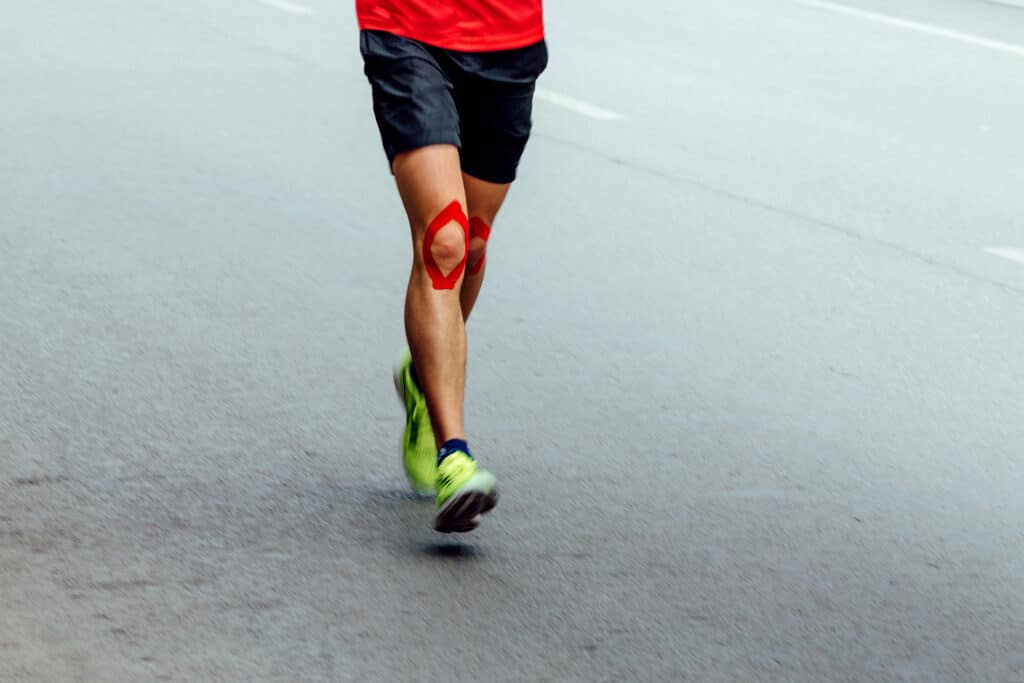Look outside! If you’re excited about getting back in the garden, the season is here! Whether you’re a seasoned gardener or your green thumb is just blooming, here are a few tips to keep yourself as healthy as your plants this spring.
Stay Safe & Healthy in the Garden
1. Devise a “Realistic” Plan
Your picture of a perfect yard & garden might be torn from a magazine cover page, but it’s highly unlikely it was created by only one person, nonetheless in one day. Create a plan on what activities/sections of the yard you plan on attending to first. The overall project might take days, even weeks to complete but having a plan will not only keep you focused but also help pace yourself to avoid excessive stress on the body and avoid overuse injuries. Pace yourself not only for the big picture but within the day. Plan for “rest time” to give your body the break it will need.
2. Treat it like a Workout
Athletes are trained to warm up to increase blood flow and joint/muscle flexibility to increase performance and decrease injury. Every winter season we, unfortunately, hear of someone hurting their back shoveling snow or even worse, a heart attack. Prepping for gardening is no different. Stretching your neck, back, shoulders, and legs can go a long way in injury prevention and decreasing soreness. Even a few minutes of arm circles or walking around the block can be adequate. Would a baseball player repetitively swing a 32oz bat without a proper warm-up? No! Then why would you repetitively pick up 20-45 pound bags of mulch without a warm-up?
3. Hold that Pose for an Hour
What if you were told to kneel on a firm surface for 30 minutes and don’t move? Or bend at your waist and hold that for 10 minutes? Not only might you say it’s uncomfortable, but for some downright painful. However, countless people tend to their yard in that same position but for much longer times. When squatting, focus on pushing your hips back like you’re about to sit in a chair. Keep your belly tight and core engaged. While kneeling, try to use knee pads or a cushion. Even consider placing a pillow between your buttocks and calves to sit back on but will raise your seat to avoid excessive bend in the knees.
4. Work Smarter not Harder
Today there are countless ergonomic products that are not only as durable but much lighter than their wood or metal counterparts. Make sure to use your shovels/rakes/hoes safely; bending at the hips/knees and never quick swinging motions. Keep your trowels and spades sharp to decrease the amount of force needed when digging. Use a wheelbarrow or wagon to push/pull, but don’t hesitate to divide the weight to create more manageable loads. It might seem to make more work, but your body will thank you for the decrease in stress!
5. Elevate Your Work
Literally, raise your workspace. Try potting on a workbench or table where you can sit or stand rather than kneeling or squatting at ground level prior to planting. Consider using a raised flower bed or planter boxes. Keep in mind the width of the area so you don’t have to reach forward too far, especially if it’s not accessible from the opposite side.
6. Clean Up and Cool-Down
Usually, the end comprises of throwing all your tools in the garage or shed and calling it a day. However, a few minutes of stretching can go a long way in preventing soreness that night or even the day after. Consider taking a few minutes to walk around the yard to bring your body back to rest. It’s a great way to walk and admire all the hard work you put in!
So, get out the shovel and trowels — Just remember to listen to your body. Take frequent breaks and change positions when you start to experience aching, cramping, or fatigue. Stay hydrated and wear sunscreen. If you do happen to experience low back pain or any other injury, get in touch with us! Our highly-trained physical therapists can help alleviate your symptoms as well as educate you on proper body mechanics.
Article Reviewed by Holly Lookabaugh-Deur, PT, DSc, GCS, CEEAA
Holly Lookabaugh-Deur, PT, DSc, GCS, CEEAA is a practicing physical therapist and a partner and Director of Clinical Services at Ivy Rehab Network. Deur is board certified as a geriatric clinical specialist and certified exercise expert for aging adults with more than 35 years of clinical experience. She is certified as an aquatic and oncology rehabilitation specialist and serves as adjunct faculty at Central Michigan University and Grand Valley State University.





